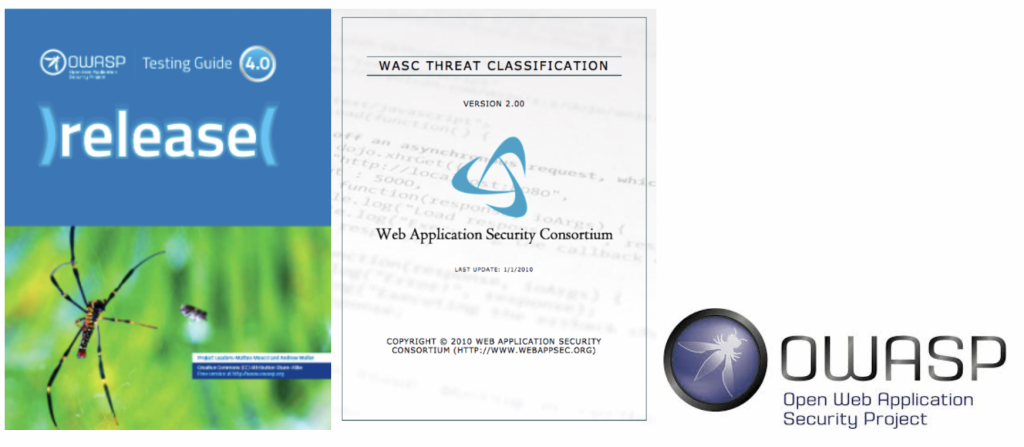Web Application Penetration Testing
Web application penetration testing or web app pentest or web pentest.
In today’s rapidly evolving digital landscape, businesses heavily rely on web applications to interact with customers, process transactions, and store sensitive data. As the complexity and functionality of these applications grow, so do the potential vulnerabilities that can be exploited by malicious actors. This is where web application penetration testing services come into play, providing a proactive approach to identifying and mitigating security risks before they can be leveraged by attackers.
Web application penetration testing or web pentest, also known as ethical hacking, is a systematic process of evaluating the security of a web application by simulating real-world attacks. This service is performed by highly skilled security professionals who possess a deep understanding of the latest hacking techniques and the ever-changing threat landscape. By adopting the mindset of a malicious hacker, these experts meticulously probe the application for weaknesses, such as injection flaws, cross-site scripting (XSS), broken authentication, and insecure data storage.
The primary goal of web application penetration testing or web app pentest is to uncover vulnerabilities that could potentially lead to data breaches, unauthorized access, or system compromise. By identifying these weaknesses early in the development lifecycle or periodically throughout the application’s lifetime, organizations can take proactive measures to remediate the issues and strengthen their security posture. This approach not only helps protect sensitive customer data but also safeguards the company’s reputation and prevents potential financial losses associated with security incidents.
One of the key benefits of engaging a professional web application penetration testing or web pentest service is the expertise and objectivity brought by the external security team. These specialists are well-versed in industry best practices, such as the Open Web Application Security Project (OWASP) Top 10, and employ a structured methodology to assess the application’s security comprehensively. They use a combination of automated tools and manual techniques to uncover vulnerabilities that might be overlooked by in-house security teams or automated scans alone.
Moreover, web application penetration testing services provide detailed reports that highlight the discovered vulnerabilities, their severity, and the potential impact on the organization. These reports also include recommendations for remediation, enabling development teams to prioritize and address the issues effectively. By acting upon these findings, businesses can significantly reduce their attack surface and minimize the risk of falling victim to cyber attacks.
In addition to identifying vulnerabilities, web application penetration testing services also help organizations comply with various industry standards and regulations, such as the Payment Card Industry Data Security Standard (PCI DSS), Health Insurance Portability and Accountability Act (HIPAA), and General Data Protection Regulation (GDPR). These standards often mandate regular security assessments, including penetration testing, to ensure the protection of sensitive data. By engaging a reputable penetration testing service provider, companies can demonstrate their commitment to security and meet regulatory requirements.
In conclusion, web application penetration testing services play a crucial role in safeguarding businesses in the digital age. By proactively identifying and addressing security vulnerabilities, organizations can protect their valuable assets, maintain customer trust, and avoid costly data breaches. As cyber threats continue to evolve, investing in professional penetration testing services becomes an essential component of a comprehensive security strategy. By staying one step ahead of potential attackers, businesses can operate with confidence, knowing that their web applications are secure and resilient against emerging threats.



